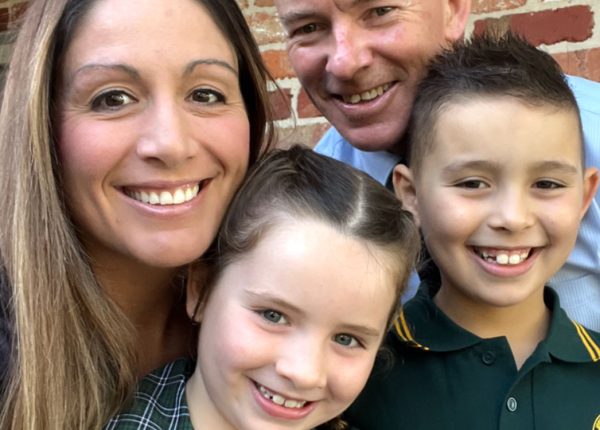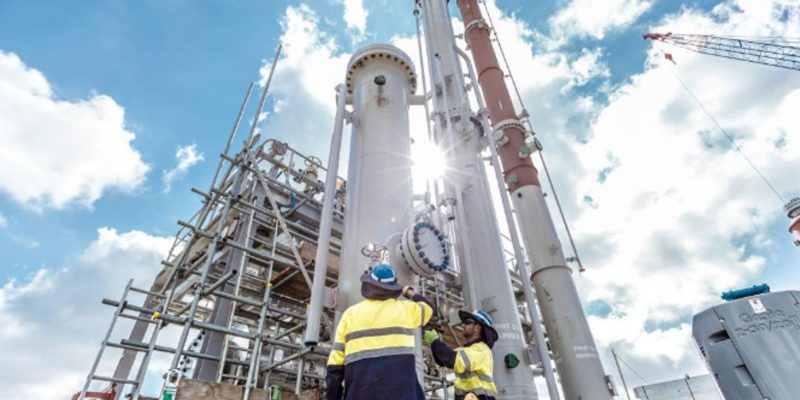For all of us navigating the chaotic whirlwind of modern life, the concept of work-life balance is a constant presence in our minds.

It’s a term that’s often casually tossed around, but its significance in today’s fast-paced world is undeniable. The merging of work and personal life boundaries has made finding a balance between the two more challenging than ever. I often question whether balance is truly attainable and if it’s even the right goal to strive for. And when it comes to achieving this balance, I grapple with the question – is it solely my responsibility, or do my employers play a role in shaping this delicate equilibrium?
As a full-time working parent, the concept of work-life balance has always been a constant struggle for me. I have been on a relentless quest to achieve that elusive equilibrium between my professional responsibilities and personal life. In the process, I have often found myself sacrificing my own well-being to meet the demands of work and family, neglecting my own needs in the pursuit of this so-called balance.


I used to believe that finding an employer who valued work-life balance would solve all my problems. However, I have come to realise that true harmony between work and life cannot be achieved solely through external factors. It requires introspection, self-awareness, and making conscious choices that prioritise my own needs and happiness.
The traditional notion of work-life balance, with its static division between work and personal life, has become increasingly outdated in today’s interconnected world. The boundaries have blurred, and the pursuit of balance now seems unrealistic and impractical. One of the fundamental flaws in the idea of work-life balance is the assumption that the pursuit of work-life balance implies a trade-off between professional success and personal well-being. That work is inherently stressful and draining, while life – encompassing personal time, family, and hobbies – is restorative and fulfilling. While this may be true in some cases, it is not a universal truth.
This view fails to recognise the potential synergies that can arise when work and life complement each other. When we are engaged in meaningful work that aligns with our values and passions, it can enhance our overall well-being and sense of fulfilment. Conversely, personal experiences and relationships outside of work can enrich our professional life and foster creativity, resilience, and innovation.
So, I have started to embrace a more holistic approach that integrates all aspects of my life, viewing it as a cohesive whole rather than separate entities to be balanced.
I have come to understand that balance is a highly individualised concept, shaped by my personal values, priorities, and circumstances. What works for others may not work for me, and it is up to me to design my own version of balance that aligns with my unique needs and preferences. It is a journey of self-discovery and self-love, essential for my overall happiness and success as a working parent.
Ultimately, the key to achieving a successful balance lies in finding joy and fulfilment in both work and personal life. It’s about understanding that there will be times when work demands more focus and dedication, and other times when personal life requires more attention and care. By embracing these fluctuations with flexibility and adaptability, I can maintain a harmonious and fulfilling life that brings me contentment and happiness.

By Melissa Thek
Director – Strategy, Transformation and Delivery
For more on the topic, check out the following two videos that provide different perspectives on the notion of work-life balance:
Can You Really Achieve Work Life Balance, If So, How? | Jacob Morgan
The RIGHT Way to Do Work-Life Balance | Simon Sinek


